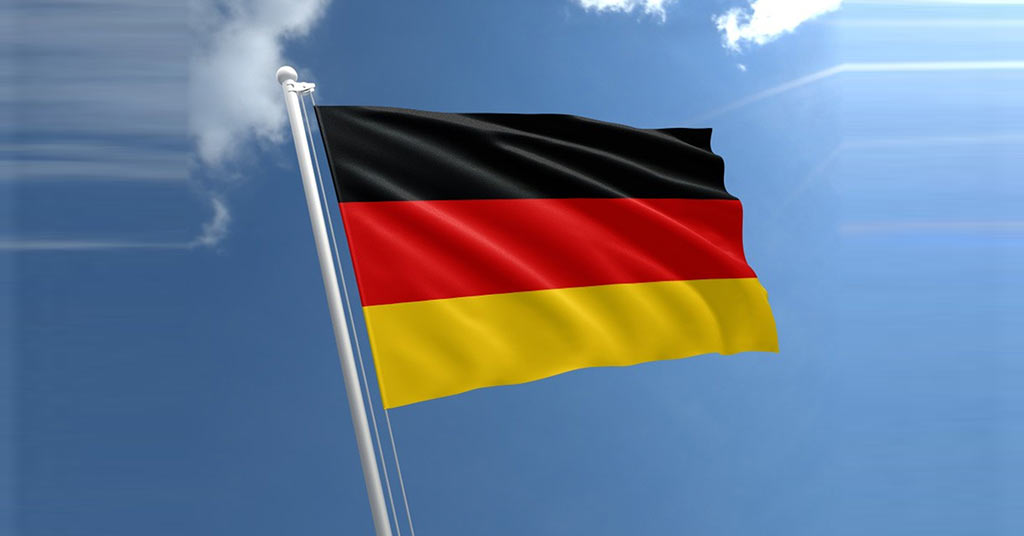Welcome To ChemAnalyst

Germany, Europe's largest economy, is on a steadfast mission to diversify its energy sources by expanding its portfolio of liquefied natural gas (LNG) import hubs. This ambitious development, estimated to cost around $4.8 billion (EUR 4.4 billion), is a direct response to the crisis last year when Russia curtailed pipeline gas shipments. To mitigate the impact and secure energy supply, Berlin has expedited the expansion of LNG terminals.
Currently, Germany operates three LNG terminals, with three more expected to commence operations this winter. Despite this progress, the country could face potential bottlenecks if it fails to integrate promptly the supercooled fuel transported by seagoing vessels into onshore networks.
To address this challenge, Germany's energy regulator, Bundesnetzagentur, approved a comprehensive development plan. The plan includes the construction of 951 kilometers (591 miles) of new gas lines by 2032 and the addition of up to 164 megawatts of compressor capacity. The plan is a revised version of a draft approved by the regulator before Russia's attack on Ukraine last year.
In light of the revisions, 82 projects have been added to make the grid suitable for non-Russian imports. These projects include border infrastructure upgrades to handle LNG transported from other European ports. The report also presents several "LNGplus" scenarios, such as importing more gas via southern routes rather than relying solely on the country's north coast terminals.
Forecast models predict a 20 percent reduction in German gas demand by 2032, which includes a blended supply with 5 percent hydrogen. This anticipated decrease in demand implies a reduced need for pipe infrastructure. Notably, Bundesnetzagentur recognizes the possibility of an even more rapid decline in demand, as some experts propose the decommissioning of up to 90 percent of the distribution network by the year 2045.
Meanwhile, the grid operators propose repurposing about 2,000 kilometers of their pipes for hydrogen. This proposal aligns with the global shift towards more sustainable energy options, signaling Germany's commitment to combating climate change.
In conclusion, while the cost of connecting Germany's energy network to its LNG import hubs is substantial, it is a necessary step in diversifying the country's energy sources and reducing reliance on Russian gas supplies. The move also signifies Germany's determination to keep pace with the global shift towards more sustainable energy resources like hydrogen.
This commitment to energy security and sustainability demonstrates Germany's proactive approach in navigating the complex geopolitics of energy supply while also addressing the urgent need to transition towards cleaner energy sources.
We use cookies to deliver the best possible experience on our website. To learn more, visit our Privacy Policy. By continuing to use this site or by closing this box, you consent to our use of cookies. More info.
